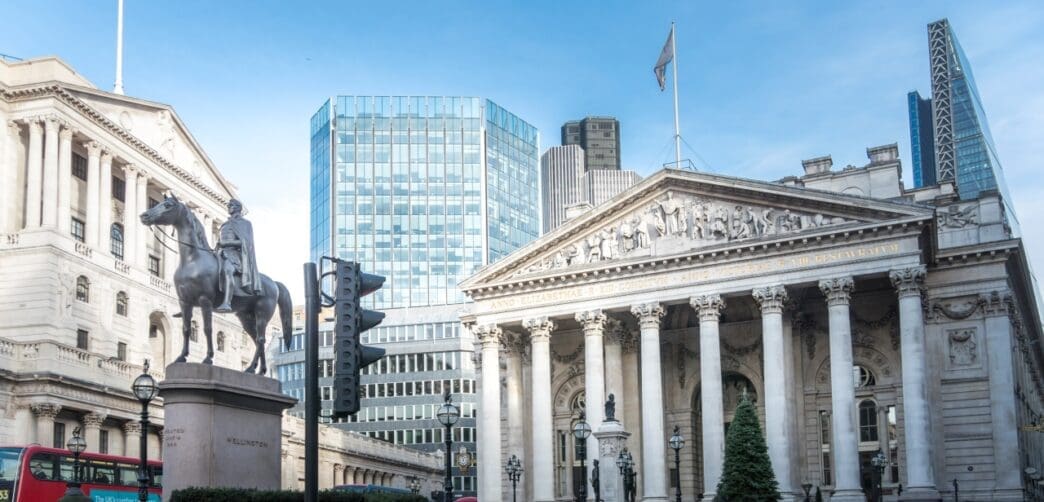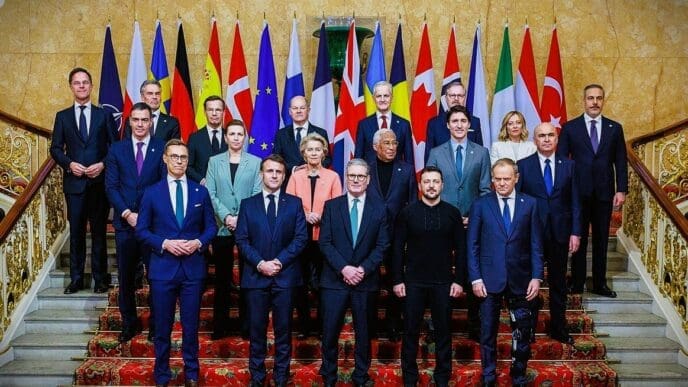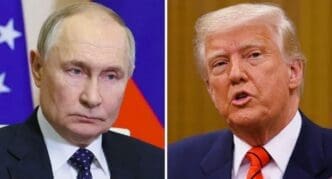The UK’s economy experienced a significant contraction in April, marking its worst downturn in nearly two years, as reported by official statistics. The decline was a 0.3% reduction in the economy, surpassing the anticipated 0.1% fall. This downturn is attributed to increased taxes on businesses, soaring household bills, and a notable decline in exports to the United States.
In April, the UK saw an increase in employers’ National Insurance contributions, as well as hikes in water, energy, and council tax bills. Additionally, the introduction of tariffs by President Donald Trump resulted in a record monthly drop in exports to the US. These economic challenges arose shortly after the Chancellor outlined spending plans intended to spur growth, with an emphasis on funding for the NHS and defense, despite budget constraints in other areas.
April’s Economic Pressure Points
The UK government has emphasized economic growth as a top priority to enhance living standards. During the recent Spending Review, the focus was placed on long-term investments rather than immediate expenditures. The Chancellor acknowledged the disappointing economic figures but expressed determination to achieve growth.
The services sector, encompassing various businesses such as retail, hospitality, and finance, faced a tough month, contributing to the economy’s contraction. The Office for National Statistics noted that legal firms and property companies also struggled, as many homebuyers had rushed to complete transactions in March to avoid stamp duty increases. The car manufacturing sector was particularly affected by the imposition of a 25% tariff on vehicles exported to the US. With cars being the UK’s primary export to the US, this tariff had a significant impact, as one in eight cars produced in the UK is sold to the US.
Trade data revealed that UK exports’ value decreased by approximately £2.7 billion in April, with a £2 billion drop in goods exported to the US alone. The Chancellor commented on the challenges businesses faced, attributing some of the uncertainty to the implementation of US tariffs. However, it was noted that monthly growth figures can be volatile; the more stable three-month growth rate up to April showed a 0.7% increase.
Since April, the UK government has negotiated a tariff agreement with the US and secured trade deals with the European Union and India. Despite these efforts, a 10% import tax remains on most UK goods entering the US. Tariff reductions for UK car and steel exports have not yet been enacted, with finalization expected by July 9. President Trump has imposed tariffs on multiple countries to encourage the purchase of American-made goods.














